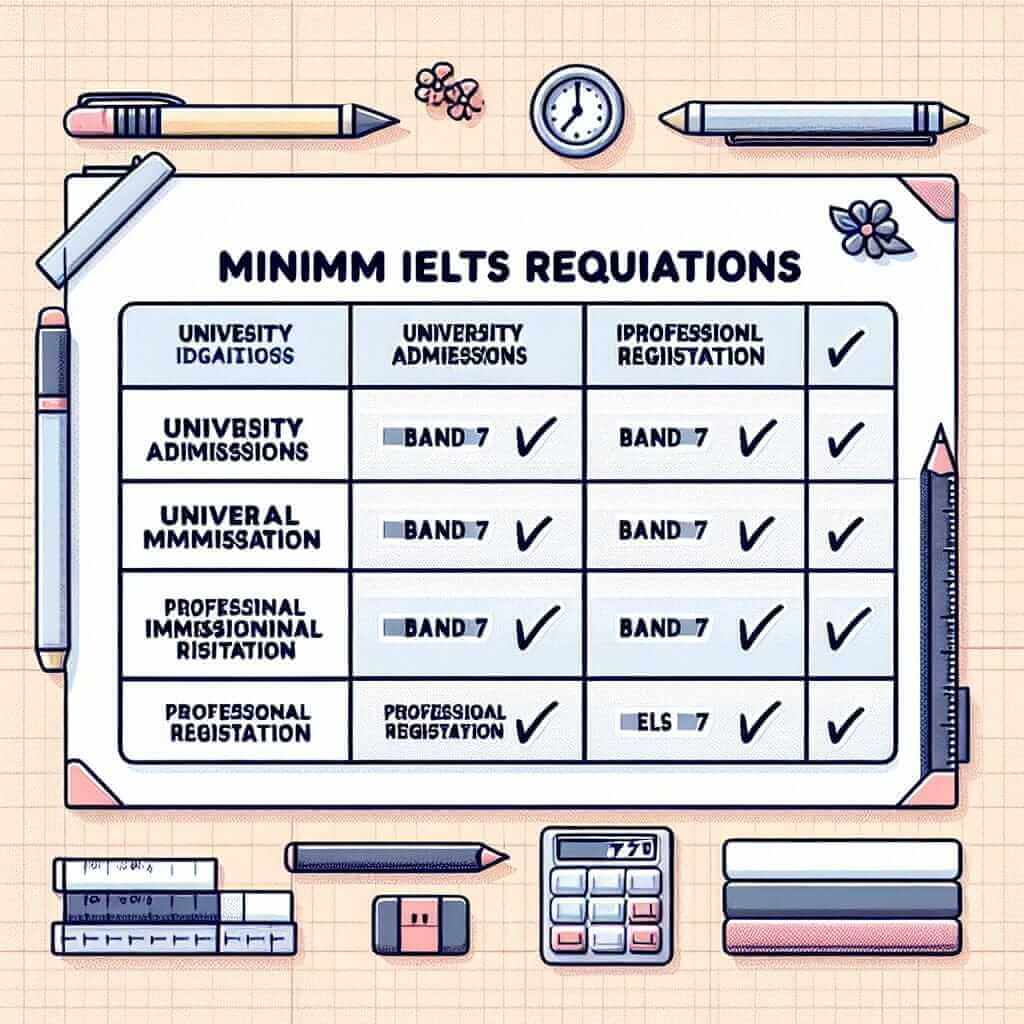In the world of IELTS, achieving a band score of 7 is often seen as a significant milestone. But is a 7 truly a “good” score? The answer, like many things in life, is: it depends.
Understanding the Significance of an IELTS Band 7
The IELTS exam assesses your English language proficiency across four key skills: Listening, Reading, Writing, and Speaking. Each skill is graded on a band scale of 0 to 9, with 9 being the highest level of proficiency. A band 7 signifies that you are a “good user” of the English language.
Here’s a breakdown of what a band 7 generally represents:
- You can understand and communicate complex ideas effectively: You possess a wide range of vocabulary and grammatical structures, allowing you to express yourself fluently and accurately.
- You can handle challenging academic and professional environments: Your English skills are strong enough to comprehend demanding texts, participate actively in discussions, and produce well-structured written work.
- You might still make occasional errors: While your English is strong, a band 7 acknowledges that even proficient users can make occasional mistakes in areas like grammar or pronunciation. However, these errors don’t hinder overall communication.
Is a 7 Good Enough for Your Goals?
Whether a band 7 is “good” for you depends entirely on your individual aspirations:
1. University Admissions: Many universities, particularly in English-speaking countries, set a minimum IELTS requirement for international students. A 7 is often a respectable score that meets the entry criteria for a wide range of undergraduate and postgraduate programs. However, some highly competitive courses or universities might require higher scores. Always check the specific requirements of your chosen institutions.
2. Immigration Purposes: Several countries use the IELTS as part of their visa application process. Again, a 7 is generally considered a strong score. For example, in Canada, a 7 might earn you significant points towards your immigration application. However, the required score can vary depending on the visa category and the specific country’s policies.
3. Professional Registration: Certain professions, such as healthcare or law, often demand a high level of English proficiency. While a 7 might suffice for some, others may require higher bands. Research the specific requirements of your desired professional body.

Tips for Achieving a Band 7
If your goal is to score a 7 on the IELTS, here are some valuable tips to guide your preparation:
- Immerse Yourself in English: Surround yourself with the language as much as possible. Read English books, watch movies and TV shows, and listen to podcasts and music.
- Focus on Fluency and Accuracy: Practice speaking and writing regularly, paying attention to both the flow and accuracy of your language.
- Expand Your Vocabulary: Make a conscious effort to learn new words and phrases and use them actively in your speaking and writing.
- Master Grammar Rules: A strong grasp of grammar is essential for achieving a high score. Identify your weak areas and work on improving them.
- Familiarize Yourself with the Test Format: Understanding the test structure and question types is crucial. Take practice tests under timed conditions to build your exam technique.
Conclusion
In the realm of IELTS, a band 7 is a commendable achievement, demonstrating a strong command of the English language. However, whether it’s “good enough” depends entirely on your personal objectives. By understanding the implications of a band 7 and dedicating yourself to effective preparation, you can strive towards achieving the score that aligns with your aspirations. Remember, the journey to language proficiency is ongoing, and each milestone achieved opens up new opportunities for personal and professional growth.